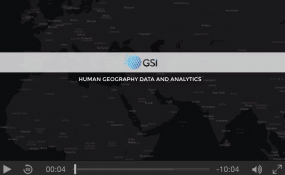
Geographic Services: Human Geography Data Analytics
Author | Editor: Sutherlin, G. (GSI, Inc). GSI’s geospatial relational database visualizes SMA data at a human scale supporting planners and CoA development. The relationships between the actors, groups, socio-cultural attributes and key events are shown as a geolocated network. This allows for navigation of physical and cognitive environments. SMA responses are modelled and […]
Continue ReadingInt’l Norms Transgressions Magnify Gray Zone Challenges
Violating Normal: How International Norms Transgressions Magnify Gray Zone Challenges. Author | Editor: Stevenson, J., Bragg, B., & Polansky (Pagano), S. (NSI, Inc.) Overview The current international system presents multiple potential challenges to US interests. In recent years, state actors, especially but not limited to Russia and China, have taken actions that disrupt regional stability […]
Continue Reading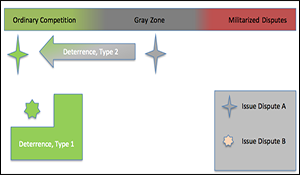
Gray Zone Deterrence: What It Is and How (Not) to Do It
Gray Zone Deterrence: What It Is and How (Not) to Do It. Author | Editor: Stevenson, J. (NSI, Inc.). Overview In recent years, state actors, especially but not limited to Russia and China, have increasingly engaged in what the US Government has labeled “gray zone challenges.”1 These are actions that disrupt regional stability and potentially […]
Continue ReadingSaudi-Iranian Gray Zone Competition in MENA
Examinations of Saudi-Iranian Gray Zone Competition in MENA, and of Potential Outcomes of the Flow of Foreign Fighters to the United States. Author | Editor: Capps, R., Ellis, D. & Wilkenfeld, J. (ICONS). Executive Summary The United States is regularly challenged by the actions of states and non-state actors in the nebulous, confusing, and ambiguous […]
Continue Reading10th Annual SMA Conference – From Control to Influence
10th Annual SMA Conference – From Control to Influence? A View of—and Vision for—the Future. Author | Editor: George Popp, Sarah Canna, & Nicole (Peterson) Omundson (NSI, Inc.). Conference Background The Strategic Multi-Layer Assessment (SMA) office hosted the 10th Annual SMA Conference on 25-26 April 2017 at Joint Base Andrews. This year’s conference, formally titled […]
Continue Reading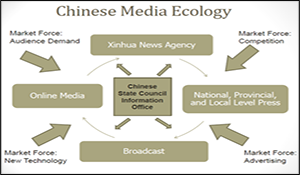
Geopolitical Visions In Chinese Media
Geopolitical Visions In Chinese Media. Author | Editor: Hinck, R., Manly, J., Kluver, R. & Norris, W. (Texas A&M University). Executive Summary This study analyzed Chinese web media in an effort to uncover key frames and cultural scripts that are likely to shape potential geopolitical relationships in Asia. The team provided an overview of Chinese […]
Continue ReadingPanel Discussion on Iraq and Syria
Panel Discussion on Iraq and Syria. Author | Editor: Popp, G. & Canna, S. (NSI, Inc.). Executive Summary This report represents the views and opinions of the participants. The report does not represent official USG policy or position. At the request of United States Central Command (USCENTCOM), the Joint Staff (JS), the Deputy Director for […]
Continue Reading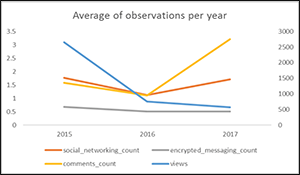
Successful Campaign Against ISIS
Question (R4.4): What does a successfully concluded campaign against ISIS look like? Considering costs, reputation, and balance of influence, how should the U.S./Coalition define success? Is the defeat of ISIS a success if it causes the balance of power in the region to shift towards Iran, Assad, or Russia? Author | Editor: Hayes Ellis, D. […]
Continue ReadingWhat Extent is Iraqi Army Apolitical
Question (R4.3): To what extent is the Iraqi Army apolitical? Do they have a political agenda or another desired end- state within Iraq? Could the Iraqi military be an effective catalyst for reconciliation between different groups in Iraqi society? Could conscription be an accelerant for reconciliation and if so how could it be implemented? Author […]
Continue Reading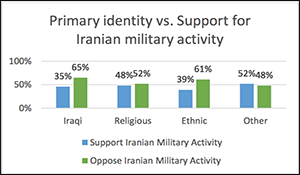
Iraqi Nationalism in Countering Iran
Question (R4.1): How Strong is Iraqi Nationalism in Countering Iranian Influence? Author | Editor: Canna, S. (NSI, Inc.). Executive Summary History of Iraqi Nationalism As with all newly formed Arab states following the conclusion of WWI, Iraq struggled to establish an inclusive national identity (Abouaoun, Dagher). Rooted in the Hashim monarchy’s attempts to preserve antiquated […]
Continue Reading